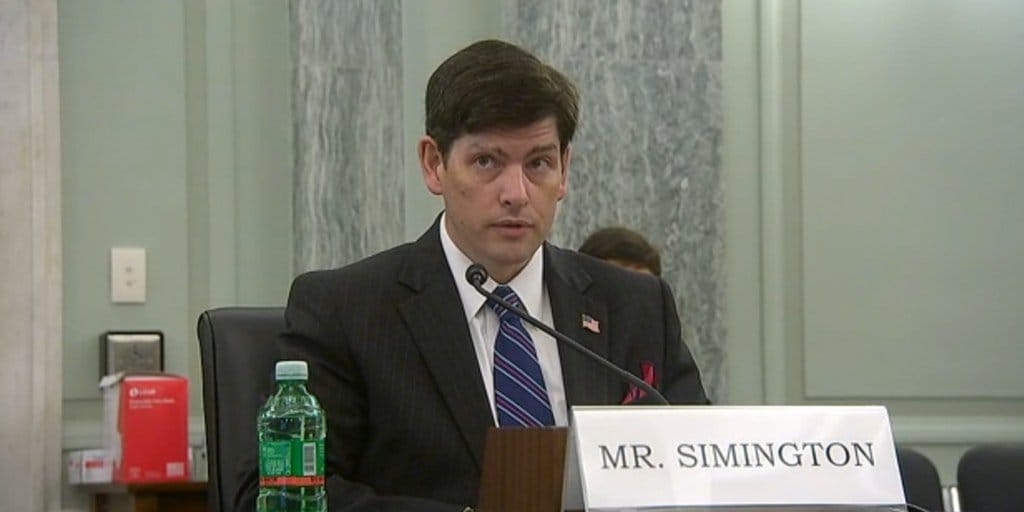Spectrum Decisions Becoming Increasingly Important for Future: FCC’s Simington
FCC Commissioner Nathan Simington said focus on spectrum decision will become increasingly important for digital success.

July 13, 2021 — Carefully crafting a cohering spectrum policy is crucial in today’s digital marketplace, which is becoming increasingly reliant on wireless technology, Federal Communications Commissioner Nathan Simington said in a recent Hudson Institute event.
“Given that Wi-Fi, 5G and other wireless technology encompass an ever-increasing spot in the economy, I think it is imperative that we continue to get spectrum policy right by anticipating the needs of industry and consumers and the evolution of tech to the wireless space,” he said at the event, held in late June.
Simington stated his commitment to involving all relevant federal government agencies in discussions about future spectrum decisions.
“I feel that coordination with other executive branch agencies is key to a cohering national policy that allows for private industries to succeed without encumbering existing stakeholders in the executive branch,” he said.
Simington compared the process of future telecommunications regulation to the idea of attempting to build a skyscraper in New York instead of one in a rural area, making the point that working within the constraints of existing infrastructure is a new challenge.
“No matter where you want to build, you’re going to have to deal with prior efforts,” he said. “There’s a lot of history.”
In previous events with the Hudson Institute, Simington had spoken similarly about spectrum usage and its immense increase over the course of the pandemic, arguing that receiver standards that were adequate in the past may not be equipped for the future of radio spectrum.
More can be expected from Simington on this topic in the coming months; since being appointed in December of 2020, he has made spectrum policy a focus.
“Some of the most vital open issues the commission can address [are] physical network security, trade issues, spectrum policy and closing the digital divide,” he said.









Member discussion